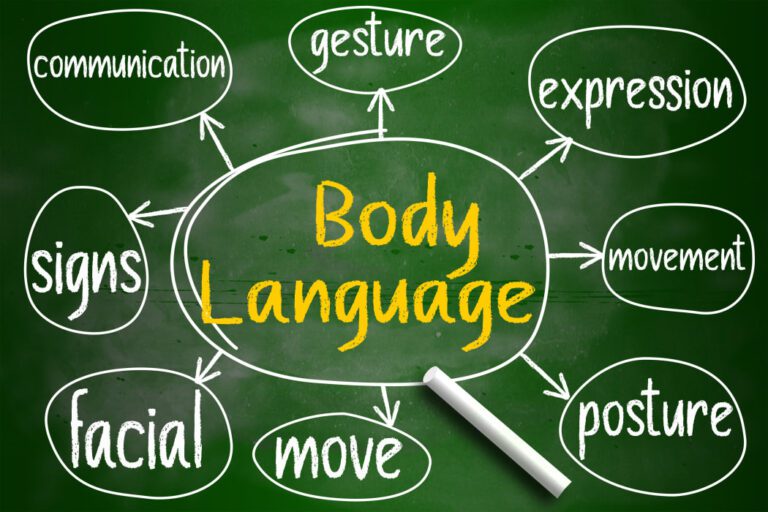Introduction
In today’s competitive job market, personality is just as important as technical skills and qualifications. Although a degree and certification can help get your foot in the door, confidence and direct communication coupled with personality will help a person enter through the door and continue successfully. Employers are looking for professionals who not only know their job but can embody their company with confidence and clarity. Whether it is an interview, meeting facilitation, or building relationships with coworkers, who we are matters, because that will affect how others see our potential. This blog aims to dive into how a focus on personality development as it relates to confidence, communication, and self-awareness affects how individuals are transformed from a nervous state to a confident professional, which ultimately accelerates the learning, career development process, and personal success, career transformation with confidence.
The Reality of Nervousness in the Workplace

Common Signs of Nervousness
In corporate environments, nervousness often appears in understated but significant ways. For example, employees may not speak in front of groups due to their fear of public speaking or may think that their ideas are not important enough to share during a meeting, yet they still hesitate or perhaps even withhold themselves from sharing. Others may have difficulty when asked to introduce themselves, look someone in the eye, or articulate their opinion, which, at some point, can contribute to overall weak self-presentation. These examples may feel small and insignificant, but they impact the way coworkers and employers view someone’s potential for leadership or readiness for further development.
How It Holds Back Promotions, Opportunities, and Recognition
Ongoing anxiety in the workplace not only limits communication but also affects moving up in your career. When employees do not speak up and do not make waves, they are not likely to be identified as leaders or solution-oriented thinkers. Employers model the behaviors they want, so if they promote executives who act confidently, assertively, and in clear view, then nervous employees will hardly be considered for promotion over other candidates. Employers are also more likely to give assignments and career opportunities to professionals with confidence or presence rather than to the nervous professional who is talented, hard-working, and would achieve great things in key roles or project assignments.
The Need for Conscious Development
Overcoming workplace nerves takes more than time; it takes conscious self-development. Confidence and communication can be just as much a skill as any technical skill. Confidence and communication can be developed and improved through deliberate work and training. Participating in organized personality development courses, practicing and experimenting using communication techniques, and receiving positive targeted feedback can help a person be cognizant of their nervous habits and replace them with optimal behaviors. With effort and an appropriate range of training, anyone can transform hesitation into confident self-expression and dramatically improve their professional persona.
Core Areas That Drive Career Transformation
Communication Skills: Verbal Fluency, Clarity, and Articulation
Excellent communication is a foundational skill when it comes to achieving professional success. When individuals communicate, or speak, verbally with fluency, they demonstrate the ability to share their ideas smoothly, easily, and without hesitation, which certainly helps create a lasting impression in conversations and presentations. Clear communication allows messages to be understood as intended, which is important to avoid miscommunication and develop trust. I find that effective articulation of ideas enhances a person’s ability to logically structure irrational thoughts and communicate precisely. Having communication clarity, fluency, and effective articulation skills will help professionals to stand out in interviews, team discussions, meetings with clients, and professional scenarios where leadership matters.
Body Language: Posture, Eye Contact, Expressions

Non-verbal communication speaks louder than words—long before an individual speaks a word, those non-verbal gestures communicate influence. For example, a confident stance (with a wide base) conveys authority and readiness, direct eye contact conveys honesty and engagement, and authentic facial gestures help to support one’s message and build rapport. Therefore, mastering one’s body language allows for approaching one’s audience with confidence and builds trust. In a professional environment, positive body language improves someone’s body language and impacts how others perceive their trustworthiness, credibility, and ability to lead. In other words, nonverbal communication is an excellent asset for personal branding!
Confidence Building: Self-Awareness, Mindset Shifts, Handling Feedback
Authentic confidence starts with self-awareness of your abilities, growth edges, and feelings. When you cultivate a growth mindset, you learn to view challenges as invitations to attempt something differently and to view failures as invaluable feedback. Confidence also grows through being able to accept and act on feedback non-defensively. This will contribute not only to performance but also to your self-awareness, resilience, flexibility, and sense of initiative. Confidence becomes the vehicle for your career moves, opening doors for promotions, leadership roles, and creative opportunities.
Daily Practices for Lasting Growth
Journaling, Practicing Affirmations, Joining Speaking Clubs
Journaling daily can help individuals become more aware of their thought processes, act as a record of feelings used for emotional growth, and build confidence in self-expression, which are important in developing one’s identity. Completing these exercises will create mental clarity and self-assurance over time. If individuals practice positive affirmations, they will create a consistent self-image, instead serving to reduce (if not eliminate) self-doubt and engender a confident mindset. Being involved in speaking clubs and discussion groups such as Toastmasters or English circles allows real-time practice and feedback (often) and will improve speaking confidence. These activities provide a daily framework for more effective communication skills and personal change.
Self-Recording and Review
One of the best ways to monitor and improve your communication ability is to record yourself speaking about different topics. You can see patterns, such as filler words, weak tone, or body language errors. Also, when you periodically view a recording of yourself, you can self-correct and see your progress and other changes. Creating this habit increases your self-awareness and enables you to develop confidence for real speaking events, such as interviews, presentations, or as a social participant.
Micro-Goals for Weekly Progress

Establishing micro-goals once a week—such as refining your eye contact in conversation or speaking on a topic or an idea for a full two minutes—will lead to continuous growth. These goals are small, specific, and easy to accomplish, which helps to maintain confidence and momentum while helping you measure your progress on your target. When you consistently hit your target, your self-image will evolve positively, and you will create momentum. Eventually, over time, these micro-wins add up to a major shift in your personality. This will make you feel confident, clear, and impactful as your private and professional lives develop.
Conclusion
Personality development is more than just some outer confidence—it’s about unleashing your true potential! From how you express yourself verbally to how you physically present yourself, everything adds up. Consistency creates habit, and habit creates change, and not only for the better, but also for the long term. Whether it’s for your career, communication skills, or personal journeys towards success, taking the steps to build on your confidence . Presence can help you stand out from the mass of individuals. Start small, stick to it, and you will transition from being nervous to being recognized!
